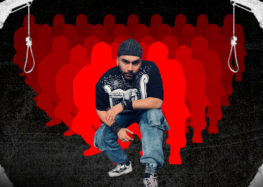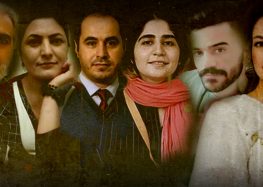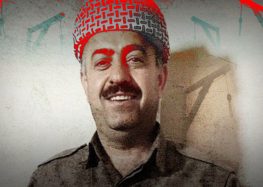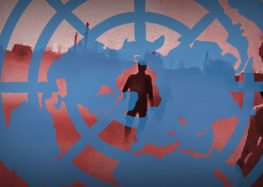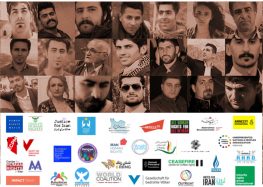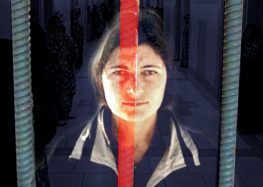Kurdish Female Political Prisoner Denied Medical Treatment, Attendance at Brother’s Funeral
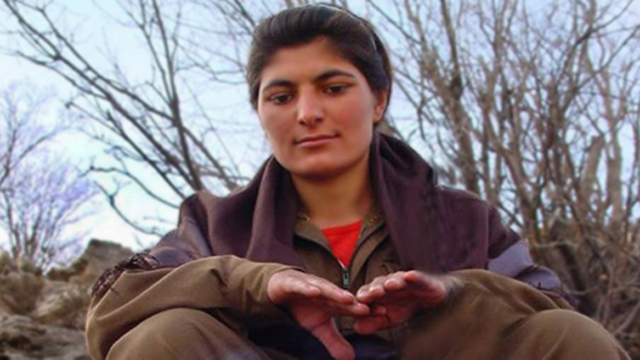
Despite suffering from serious medical problems, the authorities are denying long-time political prisoner Zeinab Jalalian treatment outside the prison’s limited clinic, according to her father, Ali Jalalian.
The 38-year-old Kurdish political activist is suffering from heart and intestinal problems in the central prison of the city of Khoi, East Azerbaijan Province. Her health issues have been exacerbated by the lack of adequate medical treatment during the past 12 years of her incarceration, Ali Jalalian told the Center for Human Rights in Iran (CHRI).
Arrested in 2007, Jalalian is serving a life sentence for alleged membership in the Party of Free Life of Kurdistan (known as PJAK and PEJAK), a banned Kurdish independence organization based in the country’s northwest.
“She has intestinal problems and heart disease,” Ali Jalalian told CHRI on October 22, 2019. “She asked for prescription medications that we could not find here so we got them from Turkey. Zeinab’s brother gave them to her during a prison visit on Monday [October 21].”
He added: “The prison doctor has said she has a weak heart. She’s sick. We don’t really know what the situation is. She has been in prison for 12 years. They won’t take her to a doctor [outside prison] or give her medical leave. Last year, after lots of runarounds, she was taken to a dentist outside prison. But now we’re worried about her heart. She can’t see clearly from one eye. They give her medicine, but it hasn’t helped.”
“All the prisoners are granted furlough when they present property deeds as security, but they haven’t done that for Zeinab. They told us to bring a deed worth a billion tomans ($237,206). It was a lot, but we brought several deeds and then they said the Intelligence Ministry will not consent.”
According to articles 102 and 103 of Iran’s State Prisons Organization Regulations, prisoners have the right to receive a medical checkup at least once a month and be transferred to a hospital outside the prison for emergencies.
Ali Jalalian also told CHRI that his daughter was not allowed to attend her brother’s funeral:
“Zeinab’s mother and I visited her six months ago. But we couldn’t go back there again. We’re old and sick. But her sister and brother visit her all the time. One of her brothers died in a car accident and they didn’t allow her to visit his grave. She called me every day in tears. She was upset that I had not arranged furlough for her. I told her they wouldn’t allow it.”
Furlough, temporary leave typically granted to prisoners in Iran for a variety of familial, holiday, and medical reasons, is routinely denied to political prisoners as a form of additional punishment.
In 2016, Zeinab Jalalian was told she would be allowed to go on furlough if she agreed to provide a false “confession” in front of a camera. It’s not clear whether she ever taped a statement, but to date, no such statement has been made public.
The UN has documented multiple cases in which political prisoners in Iran were pressured to provide forced false “confessions” that were extracted under the threat of or actual torture, or a promise of freedom.
Read this article in Persian.

